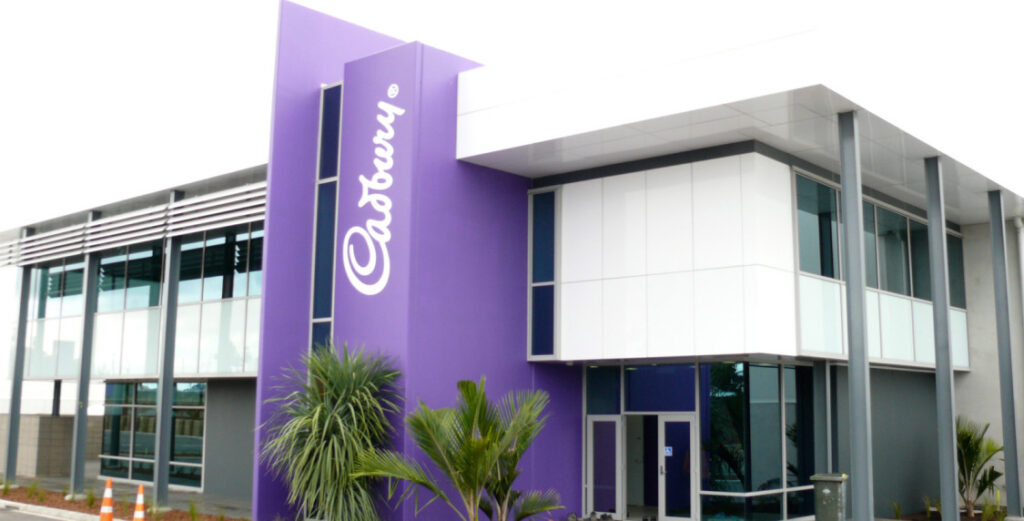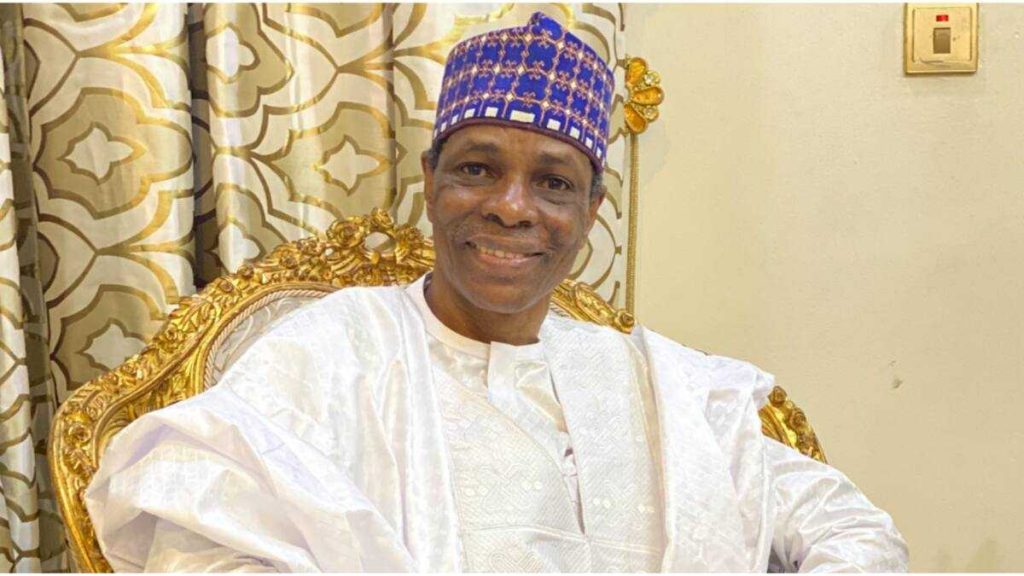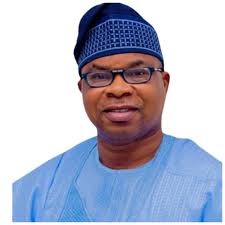Nigeria’s Inflation Rate Rises to 24.23% in March, up from 23.18% in February
The National Bureau of Statistics (NBS) has published its latest findings, indicating that Nigeria’s inflation rate surged to 24.23% in March, up from 23.18% in February. This marks the highest inflation rate in 17 months, raising alarms for economists, policymakers, and the public.
The NBS notes that food inflation, a significant component of the overall inflation figures, increased to 29.71% in March from 28.23% in February. This rise is largely due to the ongoing conflict in the North-East region, which has disrupted farming and caused shortages of essential food items.
Additionally, the recent spike in fuel prices, a consequence of subsidy removals, has created a wider economic impact, raising production costs and the prices of goods and services. The Naira’s continuous decline against major currencies, especially the US Dollar, has further increased importation costs, which are passed on to consumers through higher prices.
Dr. Amina Mohammed, an economist at the University of Abuja, expressed concerns, stating, “The escalating inflation rate is troubling for us. It diminishes the Naira’s purchasing power and leaves consumers with less disposable income, adversely impacting their living standards. Inflation has a disproportionate effect on the poorer populations, as they allocate a larger share of their income to basic needs.”
The Central Bank of Nigeria (CBN) may encounter difficulties in enforcing monetary policy as high inflation limits the effectiveness of interest rate changes. The CBN might contemplate raising interest rates to decrease money supply and alleviate inflationary pressures.
In light of the increasing inflation rate, Finance Minister Mrs. Zainab Ahmed stated that the government is striving to implement measures aimed at reducing budget deficits, enhancing revenue, and improving the overall fiscal landscape.
“We are dedicated to tackling the fundamental causes of inflation and ensuring a stable and thriving economy,” Mrs. Ahmed remarked. “We will collaborate with the CBN and other stakeholders to develop policies that will lower the inflation rate and enhance the quality of life for Nigerians.”
The upward trend in inflation is poised to have significant effects on Nigeria’s economy and its citizens. As prices keep climbing, the Naira’s purchasing power diminishes, resulting in lesser disposable income and lower living standards. It is crucial for the government and the CBN to work in tandem to formulate policies that will mitigate inflation and maintain economic stability.







